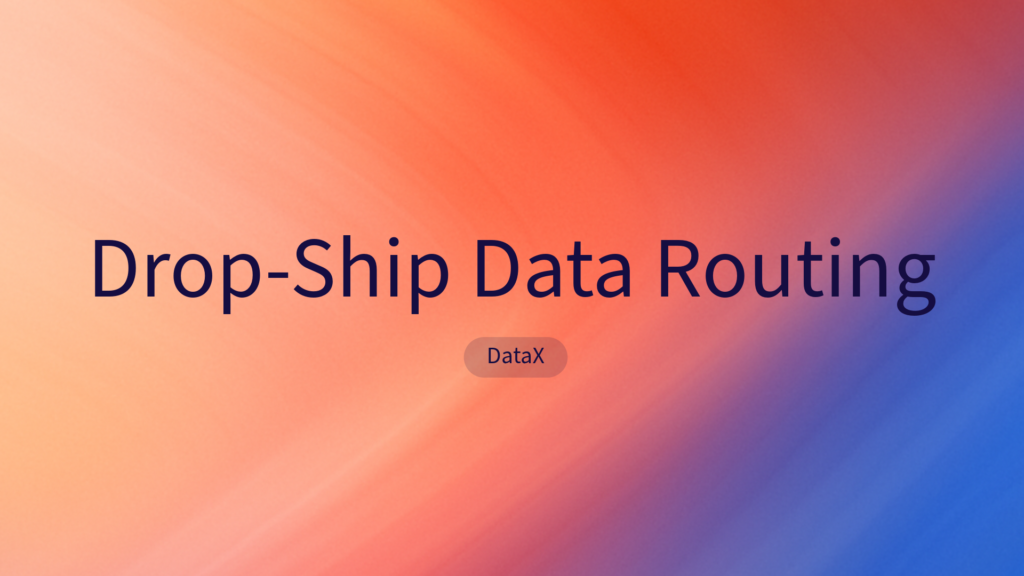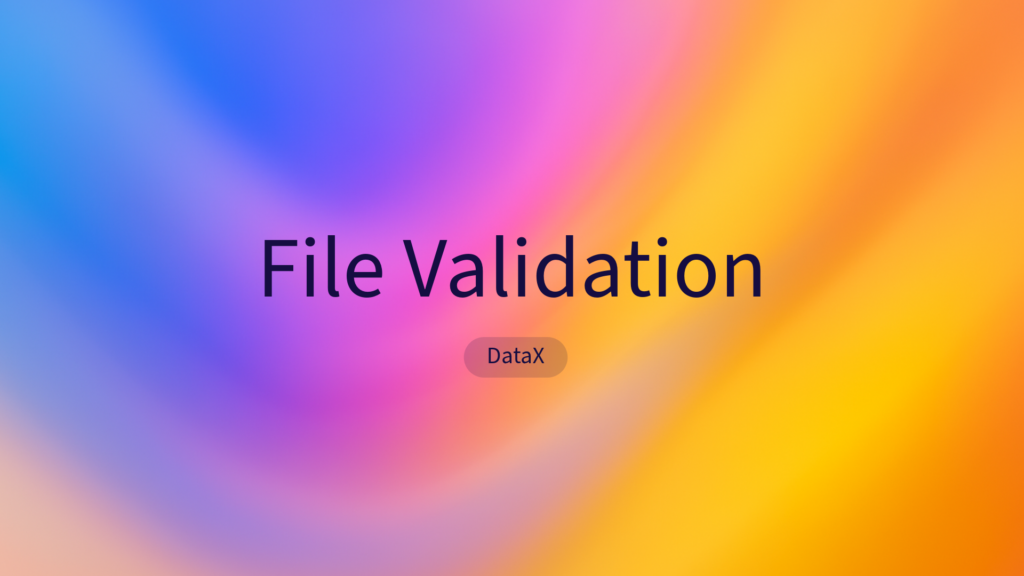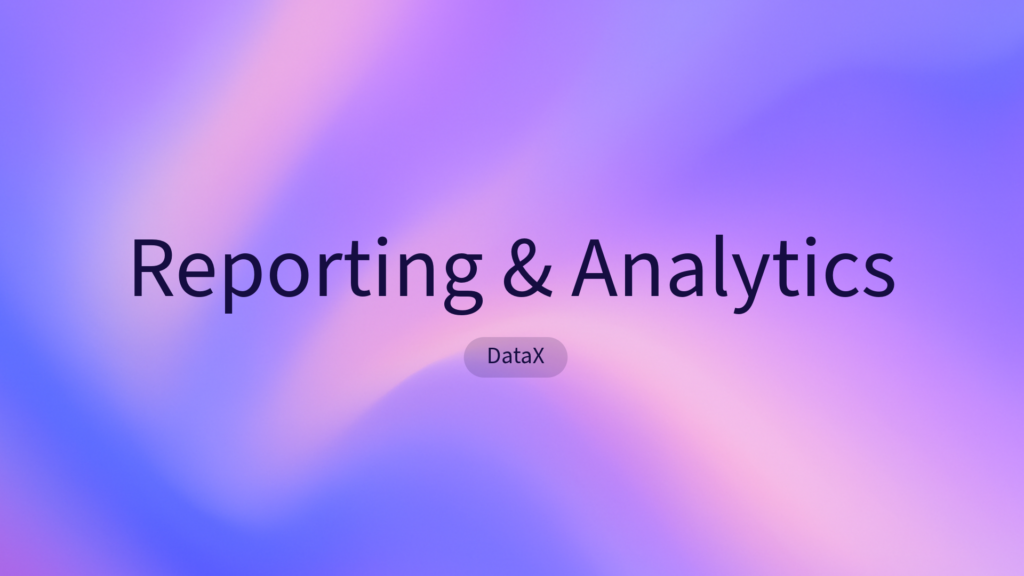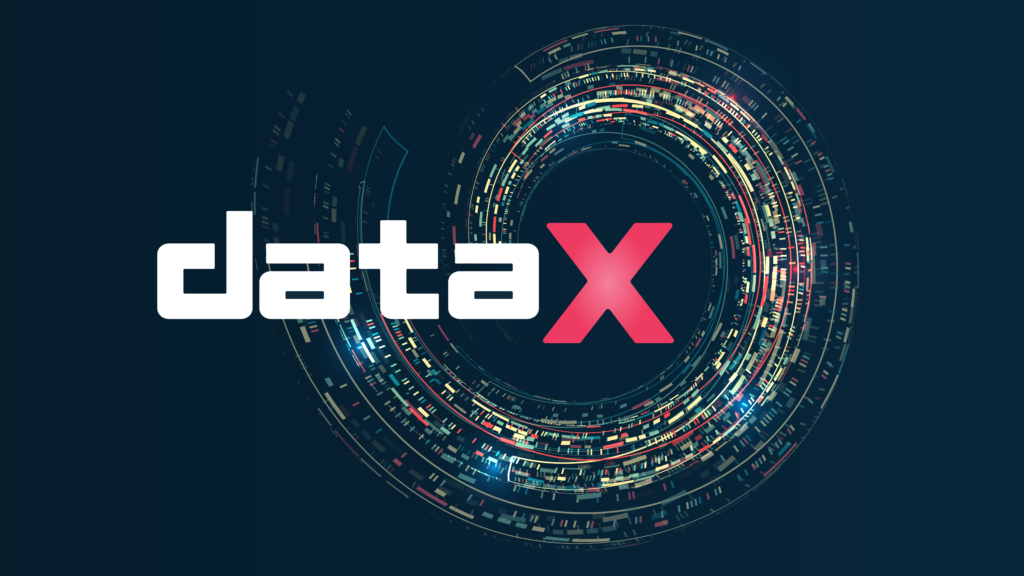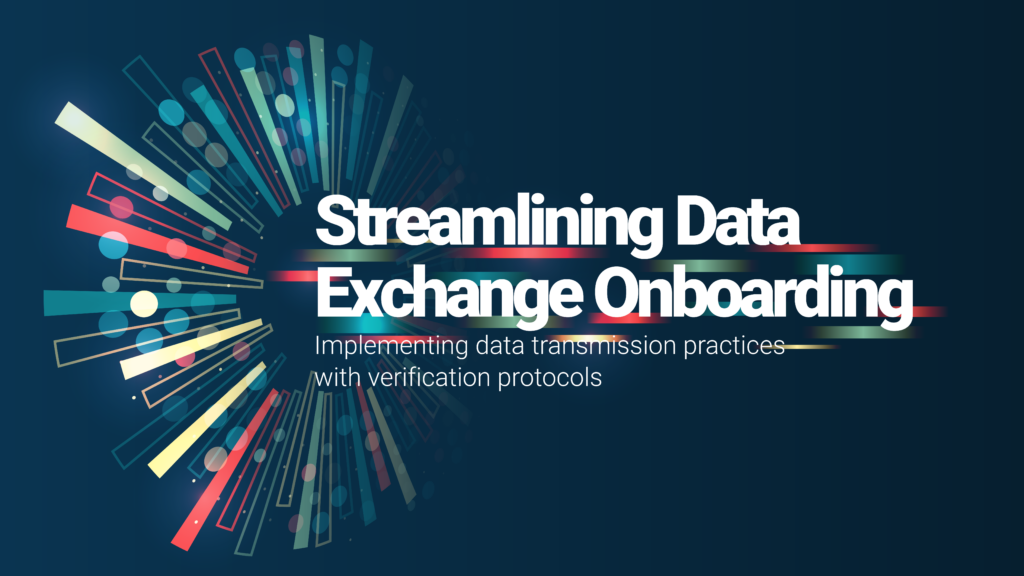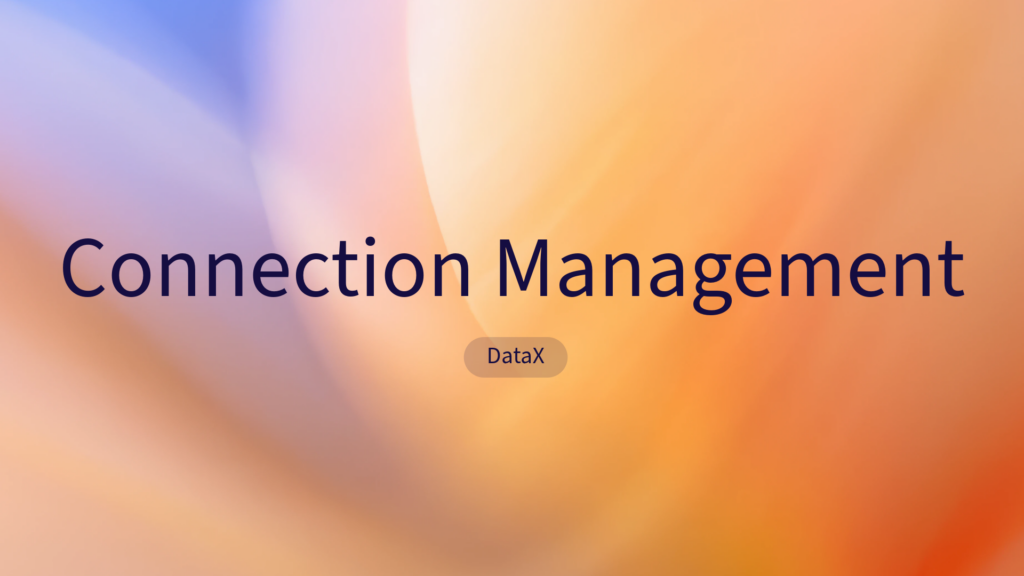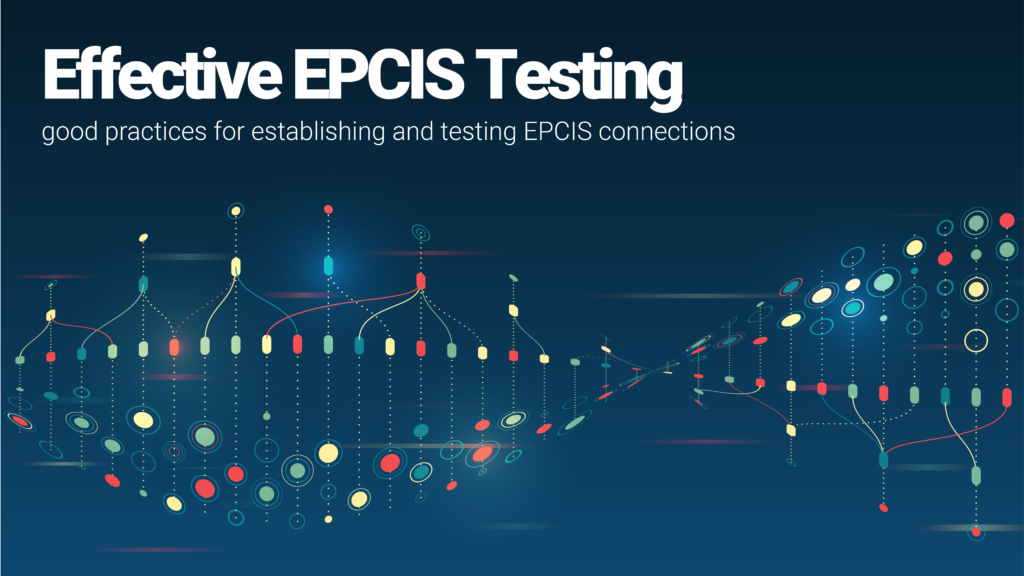A Word From our Experts
Our Thoughts on the Drug Supply Chain, Communicatoin, and DSCSA
DataX
DataX offers supply chain trading partners enterprise-grade data exchange capabilities, data translation services, intuitive reporting, and cost-effective scaling. Regulatory and technological developments on the pharmaceutical and healthcare supply chain make trading partner data exchange capabilities more important than ever. DataX is a flexible, manageable, and affordable solution.
Read MoreDrop-Ship Data Routing
DataX offers supply chain trading partners enterprise-grade data exchange capabilities, data translation services, intuitive reporting, and cost-effective scaling. Regulatory and technological developments on the pharmaceutical and healthcare supply chain make trading partner data exchange capabilities more important than ever. DataX is a flexible, manageable, and affordable solution.
Read MoreEPCIS File Validation
DataX offers supply chain trading partners enterprise-grade data exchange capabilities, data translation services, intuitive reporting, and cost-effective scaling. Regulatory and technological developments on the pharmaceutical and healthcare supply chain make trading partner data exchange capabilities more important than ever. DataX is a flexible, manageable, and affordable solution.
Read MoreReporting and Analytics
DataX offers supply chain trading partners enterprise-grade data exchange capabilities, data translation services, intuitive reporting, and cost-effective scaling. Regulatory and technological developments on the pharmaceutical and healthcare supply chain make trading partner data exchange capabilities more important than ever. DataX is a flexible, manageable, and affordable solution.
Read MoreEPCIS Compliance for Drop Ship Orders
DataX offers supply chain trading partners enterprise-grade data exchange capabilities, data translation services, intuitive reporting, and cost-effective scaling. Regulatory and technological developments on the pharmaceutical and healthcare supply chain make trading partner data exchange capabilities more important than ever. DataX is a flexible, manageable, and affordable solution.
Read MoreTrust.med and Kvinta Unite to Offer Lifeline for Pharmaceutical Suppliers Struggling with United States Compliance Challenges
Press Release September 10, 2024 Learn More and Estimate Pricing Cleveland, Ohio – Trust.med, a pioneering provider of data exchange solutions, and Kvinta, a global leader in serialization technology, are excited to unveil a unified initiative designed to support pharmaceutical suppliers struggling with underperforming technology providers. This collaborative effort offers a comprehensive, cost-effective solution that … Read more
Read MoreStreamlining Data Exchange Onboarding
The Electronic Product Code Information Services (EPCIS) framework plays a crucial role in enabling seamless and secure information sharing across various stakeholders in the supply chain. To ensure the robustness, reliability, and timely deployment of this system, a comprehensive testing strategy is essential. I’ve outlined our structured approach to testing both the ingestion of EPCIS data from manufacturers or suppliers (inbound) and the dissemination of this information to downstream partners (outbound).
Read MoreConnection Management
DataX offers supply chain trading partners enterprise-grade data exchange capabilities, data translation services, intuitive reporting, and cost-effective scaling. Regulatory and technological developments on the pharmaceutical and healthcare supply chain make trading partner data exchange capabilities more important than ever. DataX is a flexible, manageable, and affordable solution.
Read MoreEffective EPCIS Testing
The Electronic Product Code Information Services (EPCIS) framework plays a crucial role in enabling seamless and secure information sharing across various stakeholders in the supply chain. To ensure the robustness, reliability, and timely deployment of this system, a comprehensive testing strategy is essential. I’ve outlined our structured approach to testing both the ingestion of EPCIS data from manufacturers or suppliers (inbound) and the dissemination of this information to downstream partners (outbound).
Read More

